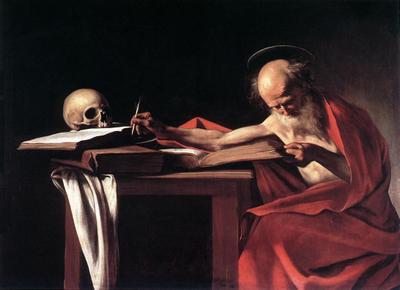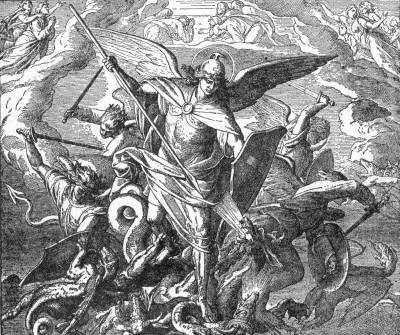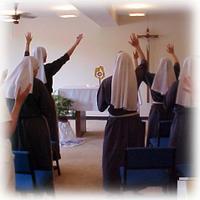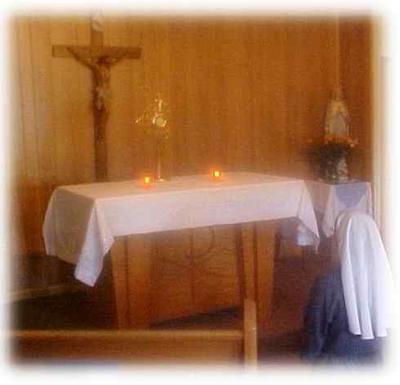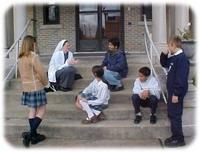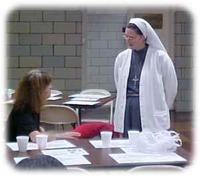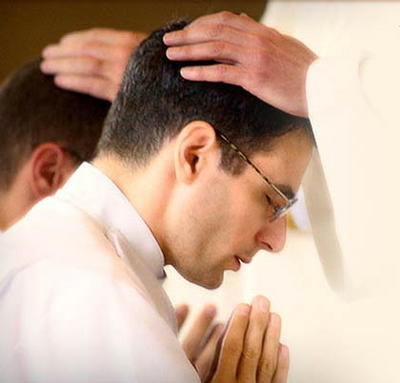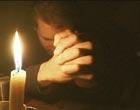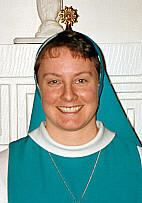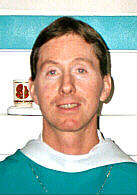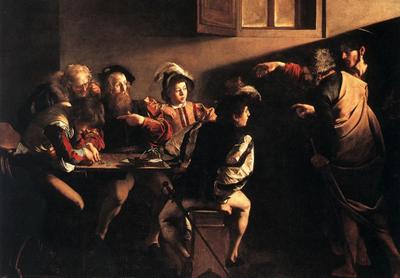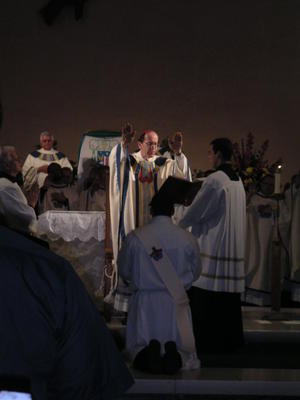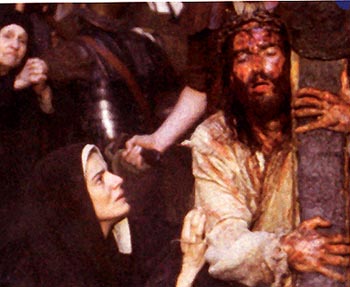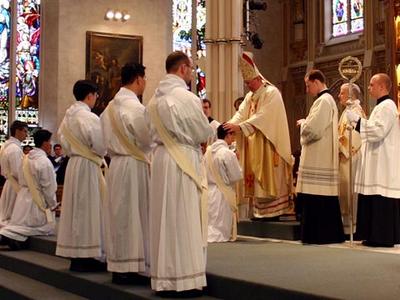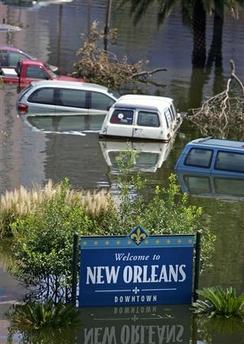The biggest fights within and among churches invariably involve disputes about positions of authority.
Sometimes these disputes center on theological nuances and on interpretation of Scripture passages such as today’s first
reading (
1 Tim. 3:1-13).
Sometimes these disputes are just grubby struggles for power or autonomy.
But no matter where we sit among the followers of Christ, no matter what community or position within the community we inhabit, St. Paul’s words speak to each of us... about discipleship and service within the Body of Christ.
This is a true saying, If a man desire the office of a bishop, he desireth a good work. Of course, more is required to be a bishop than just desire (as Paul goes on to elaborate), but although not all of us can be bishops,
all of us can and
should desire to serve the people of God in whatever way we are able.
A bishop then must be blameless,
the husband of one wife,
vigilant,
sober,
of good behaviour,
given to hospitality,
apt to teach;
Not given to wine,
no striker,
not greedy of filthy lucre; but patient,
not a brawler,
not covetous
All of us are sinners and so none of us, by ourselves,
can be blameless (and thus we
must be grateful for the mercy of our Lord and Savior Jesus Christ).
Even so, it is good for Christians – especially high-profile Christians – to be models of virtue (and when we fail, to be models of repentance and of faith in the grace of Christ).
Again, no matter where we sit among the followers of Christ, these virtues that St. Paul ascribes to bishops are virtues we
all should embrace.
As St. Paul says later,
Moreover he must have a good report of them which are without; lest he fall into reproach and the snare of the devil.
Indeed, the good reputation of the Christian is a valuable asset in that Christian’s witness.
Obviously, we are bad witnesses of Christ if we are promiscuous, inattentive, silly, ill behaved, inhospitable and impatient with people, addicted, violent, or greedy.
Rather, we
should be faithful, attentive, serious, well behaved, hospitable, ready to share our faith, moderate in our appetites, peaceful in our demeanor, and unselfish.
* * * * *
One that ruleth well his own house, having his children in subjection with all gravity; (For if a man know not how to rule his own house, how shall he take care of the church of God?)There IS a connection between one’s private life and public responsibility. Of course, a person may have bad habits or bad luck in their relationships and yet be tremendously effective in their job and public responsibilities.
Also, as mentioned above, sometimes we are models of virtue and sometimes we are models of repentance.
Even so, a “disconnect” between our public and “personal” lives presents us with serious dangers: dangers to the effectiveness of our Christian witness as well as dangers to our personal integrity and more (dangers that can grow insidiously – like a cancer on our souls).
None of us are perfect –
God knows I am far, far from it (be merciful to me, O Lord) – and we cannot wait for absolute perfection before answering Christ’s call to proclaim and serve, yet with the help of God we must be diligent in getting our own houses in order – our own selves – as we seek to serve the Lord in whatever way we can.
* * * * *
Not a novice, lest being lifted up with pride he fall into the condemnation of the devil.The fervor of the newly converted is a wonderful gift to the Church, but initial conversion is not the end of the journey: a journey that all of us – the neophyte, the elder, and the spiritually middle-aged – must walk hand in hand.
* * * * *
St. Paul goes on to apply virtues such as these to others within the Church:
Likewise must the deacons be grave, not doubletongued, not given to much wine, not greedy of filthy lucre; Holding the mystery of the faith in a pure conscience. And let these also first be proved; then let them use the office of a deacon, being found blameless.Even so must their wives be grave, not slanderers, sober, faithful in all things.Let the deacons be the husbands of one wife, ruling their children and their own houses well. For they that have used the office of a deacon well purchase to themselves a good degree, and great boldness in the faith which is in Christ Jesus.No matter who we are or where we are within the body of Christ, we are
all called to virtue, service, and reliance upon the grace of our Lord and Savior Jesus Christ.
We may not be bishops, but we can and
must be servants of Christ in the heart of the Church.
 A Penitent Blogger
A Penitent Blogger

